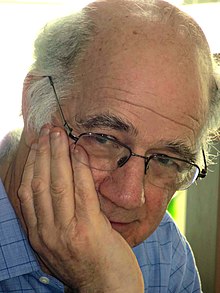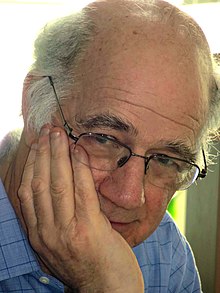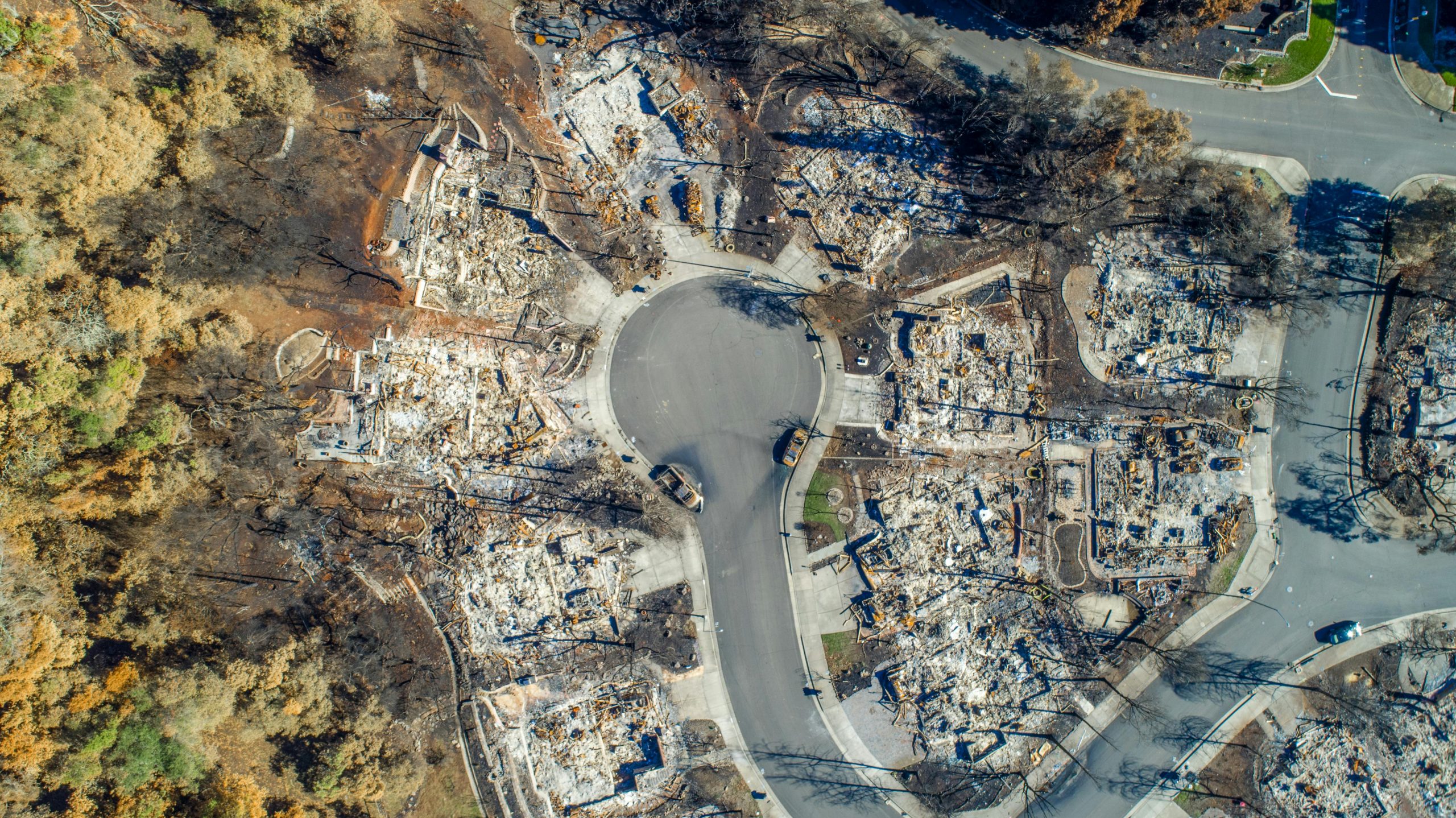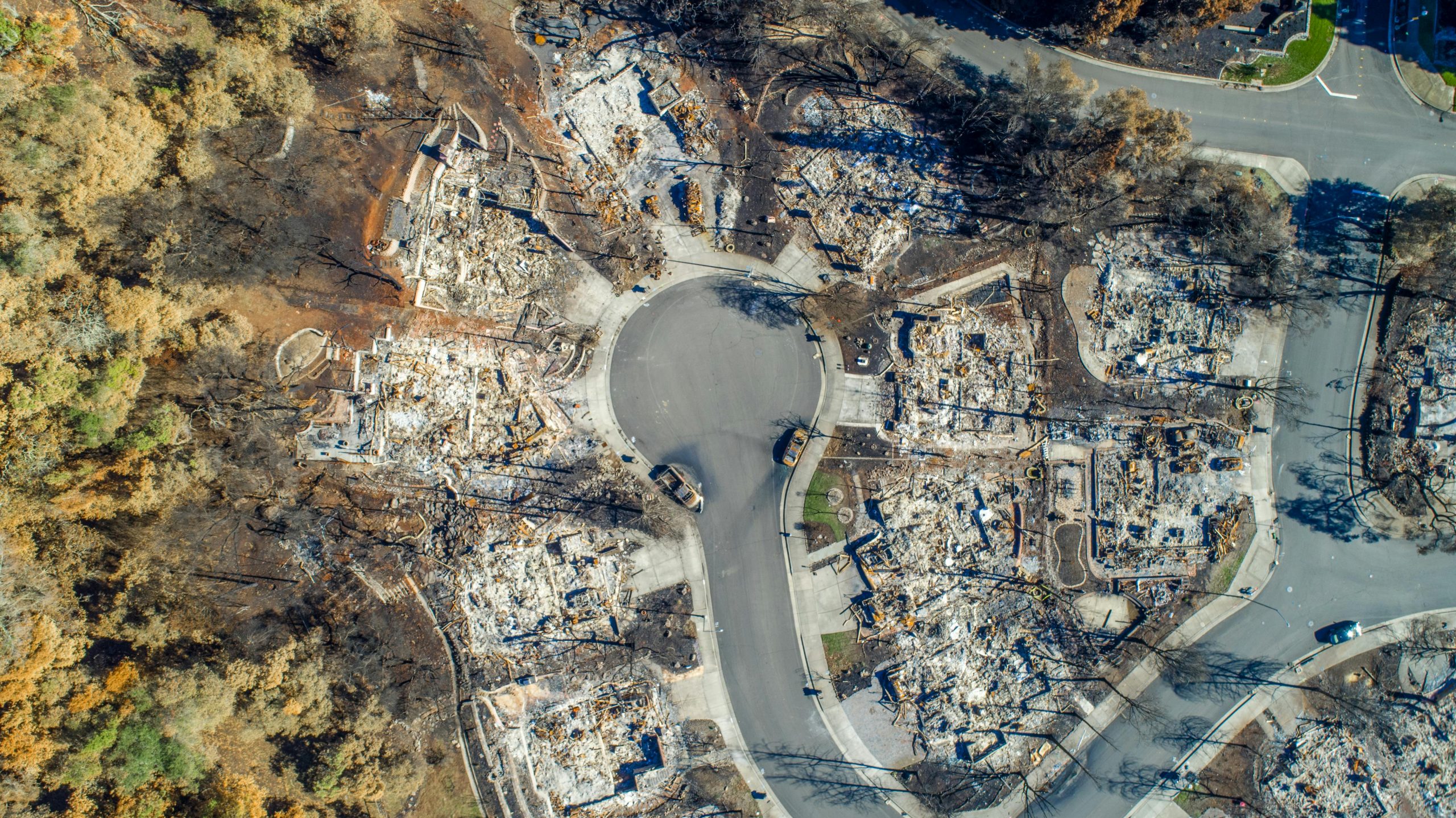

Renowned British scholar Michael Burawoy passed away at age 77 after he was struck by a hit-and-run driver. An influential Marxist scholar, Burawoy was known for his seminal book Manufacturing Consent: Changes in the Labor Process under Monopoly Capitalism and advocacy for public sociology. Raka Ray (Dean of Social Sciences at the University of California-Berkeley) expressed the weight of this loss: “Michael dedicated 47 years of his life to Berkeley, contributing immeasurably to the discipline, transforming the fields of labor, ethnography and theory,” Ray said. “His greatest legacy, though, went far beyond the many books and articles he published or prestigious awards he received — it was in the people whose lives he changed. He was an extraordinary teacher who mentored and inspired thousands of students, changing their lives with his fierce intellect and kindness.” Geoffrey Pleyers (Professor of Sociology at the Catholic University of Louvain and President of the International Sociological Association) commented: “He left us at a time we most needed his leadership, his energy, his tireless work to understand our world, his example as an extraordinary teacher, his faith in a relevant public sociology, his openness to a global dialogue, his energy against injustice.” This story was covered by The Oaklandside.


The New York Times ran an article on the rebuilding of the Palisades after the recent California wildfires. Max Besbris (Associate Professor of Sociology at the University of Wisconsin-Madison) commented that “recovery in the Palisades is going to be this really fast, big buildup back toward really valuable, very expensive properties.” Besbris noted that residents of the area–with high economic and political power–will be “able to dictate the terms of their own recovery.”


This week, multiple sociologists offered reflections on the state of the U.S. under the new Trump administration:
- “Righteous indignation is known to fuel protest and set in motion the machinery and infrastructure of rebellion. Evidence suggests that Trump will continue to poke this bear of discontent because it is his nature and his agenda. But will this administrative stance summon a day of reckoning for the President and his followers?,” Aldon Morris (Professor of Sociology and African American Studies at Northwestern University) commented to Northwestern Now. “In this historic moment, time and the arrival of warm weather will tell.”
- “The biggest problem we have is that we’re afraid of change,” said Harry Edwards (Professor Emeritus at the University of California-Berkeley) on CBS News. “To the extent that we don’t face up to that challenge, there are some very, very, very dark days ahead. Because I am not convinced that we have the best and the brightest people making critical decisions, top to bottom in American society. At some point, things could very well be stressed and bent to the breaking point.”
Aldon Morris and Harry Edwards


Over 300 young, homeless migrants are camping in the Gaîté Lyrique theater in Paris, demanding governmental aid. In France, migrants recognized as unaccompanied minors are eligible for housing and other benefits, but the city government is arguing that it has no shelter available and questioning the ages of the migrants. “This is a huge issue in Europe,” Ulrike Bialas (Research Fellow at the Max Planck Institute for the Study of Religious and Ethnic Diversity in Göttingen, Germany) commented. Bialas stated that there are “vast numbers” of migrants from Africa and the Middle East to Europe and “many of them — in fact, in Germany, more than half of them — don’t have documents with them to prove their identity, and in particular, their date of birth.” This story was covered by The New York Times.


George Kassar (Instructor and Research Associate at Ascencia Business School) wrote an article for The Conversation on online performance reviews and “Netiquette” (Internet etiquette or digital norms of polite behavior). The article applies the late German sociologist Norbert Elias’ theories on the “civilizing process” to the digital age. Elias argued that “societal norms become more regulated and refined over time.” Kassar describes how Netiquette maps onto Elias’ theory and helps “ensure positive and constructive experiences.”

Comments 1
Leroy Cornish — February 12, 2025
When you have the appropriate person by your side, you won't need that other 80 percent of the time. This place, cookie clicker is where I was able to find the joy I was looking for. They were able to tell me the answer, which has made it possible for me to have delight each day, despite the long and difficult hours I spend at work.